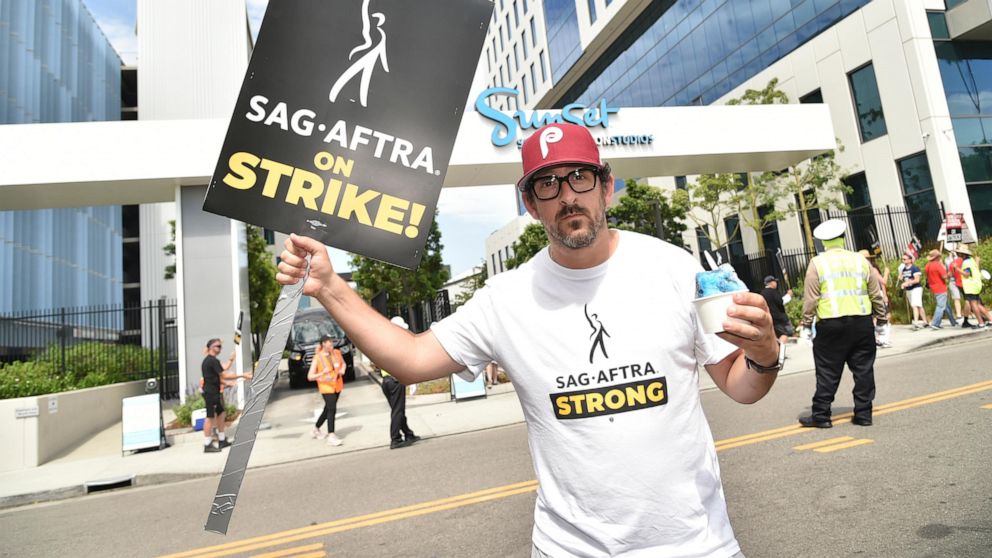Title: Meeting Scheduled This Week Between Striking Writers and Studios to Discuss Resuming Negotiations
Introduction:
After weeks of intense negotiations, the ongoing strike by writers in the entertainment industry has reached a crucial turning point. A meeting has been scheduled this week between the striking writers and the studios to discuss resuming negotiations. This development brings hope for a potential resolution to the dispute that has disrupted the production of numerous television shows and films. In this article, we will delve into the background of the strike, the key issues at stake, and the potential outcomes of this upcoming meeting.
Background:
The strike by writers began several weeks ago when the Writers Guild of America (WGA) declared a work stoppage, demanding fair compensation for their work in an era of rapidly evolving streaming platforms and digital content. The writers argue that their contributions to the success of television shows and films are undervalued, as they are not adequately compensated for their work when it is streamed or distributed through online platforms.
Key Issues at Stake:
1. Residuals and Compensation: One of the primary concerns of the striking writers is fair compensation for their work. They argue that as streaming services like Netflix, Hulu, and Amazon Prime have gained popularity, their earnings have not kept pace with the revenue generated by these platforms. The writers are seeking a more equitable share of the profits derived from streaming and digital distribution.
2. Health and Pension Benefits: Another critical issue for the writers is access to comprehensive health insurance and pension benefits. The current system does not adequately cover many writers, leaving them vulnerable to financial instability and inadequate healthcare coverage.
3. Job Security: The writers are also seeking greater job security in an industry known for its project-based nature. They want assurances that their work will be protected, especially in an era where content is increasingly being outsourced or contracted out to non-union writers.
Potential Outcomes of the Meeting:
1. Resumption of Negotiations: The meeting scheduled this week between the striking writers and the studios holds the promise of reopening negotiations. Both parties will have the opportunity to present their respective positions and potentially find common ground on the key issues. This could lead to a renewed dialogue and a path towards resolving the strike.
2. Compromise and Agreement: If the meeting proves fruitful, there is a possibility that both sides may reach a compromise. This could involve revised contracts, improved residuals, enhanced benefits, and increased job security for writers. Such an agreement would allow for the resumption of normal operations in the entertainment industry.
3. Prolonged Standoff: In the unfortunate event that the meeting does not yield any positive outcomes, the strike may continue, prolonging the disruption in the entertainment industry. This would result in further delays in production, potential loss of revenue for studios, and continued financial strain on the striking writers.
Conclusion:
The upcoming meeting between the striking writers and the studios represents a crucial moment in the ongoing dispute. As both parties gather to discuss resuming negotiations, there is hope for a resolution that addresses the writers’ concerns regarding fair compensation, health and pension benefits, and job security. The outcome of this meeting will determine whether the strike continues or if a compromise can be reached, allowing for the resumption of normal operations in the entertainment industry.



